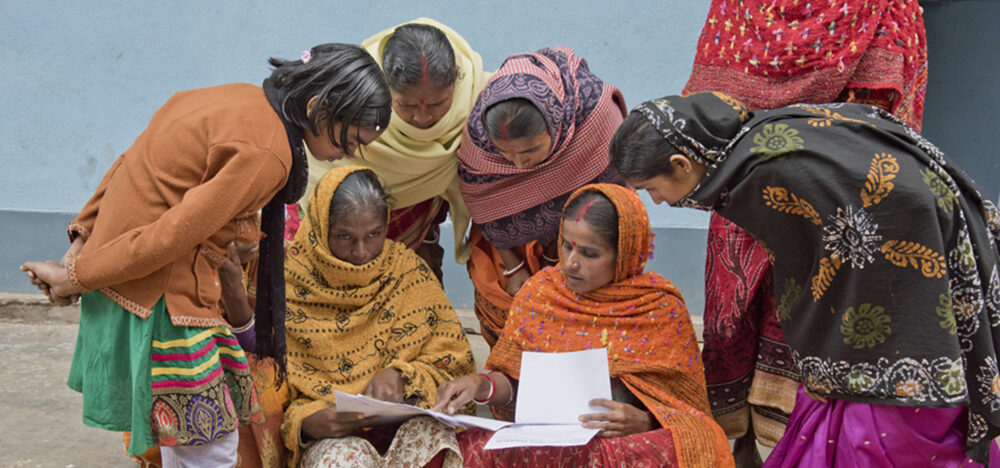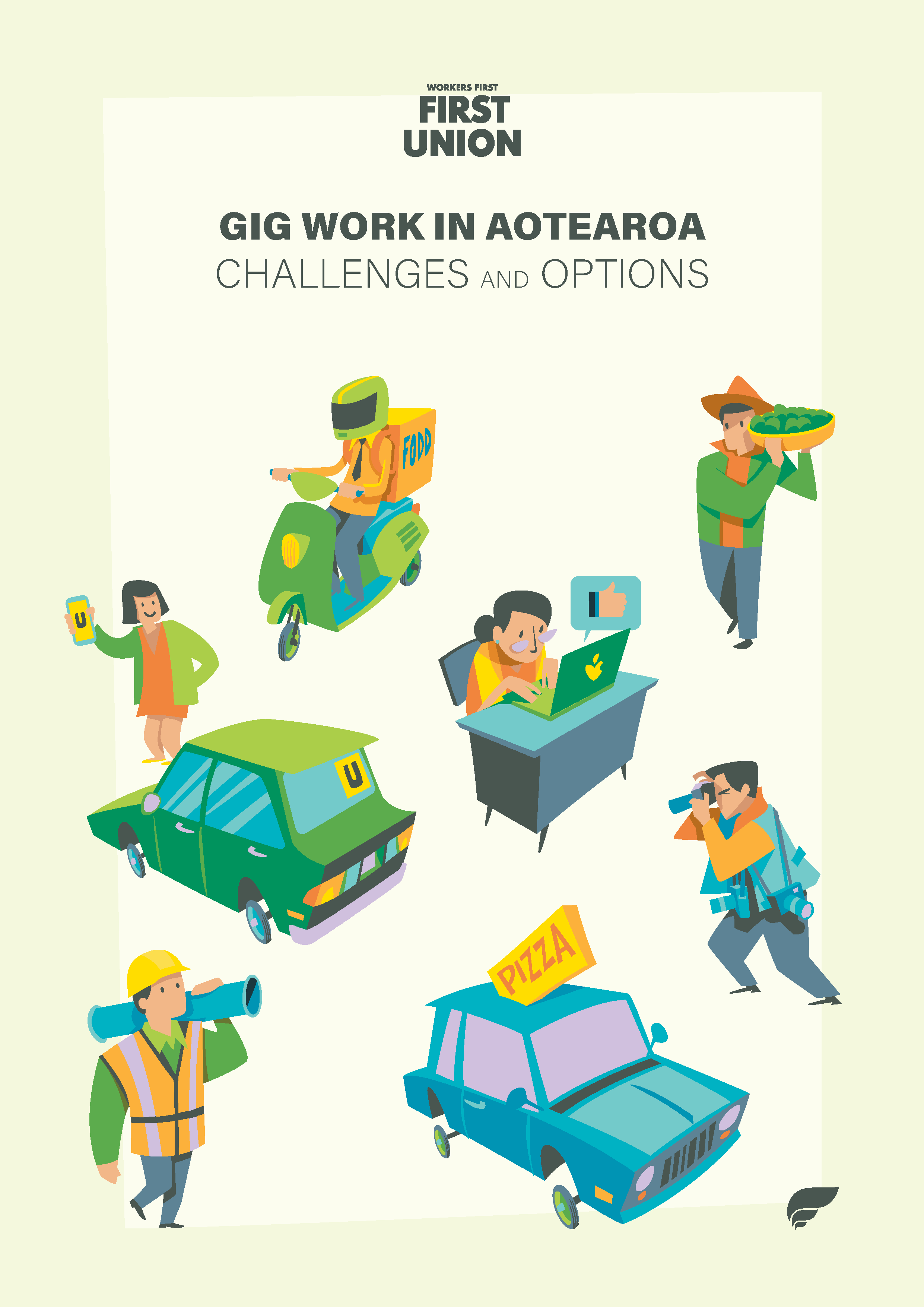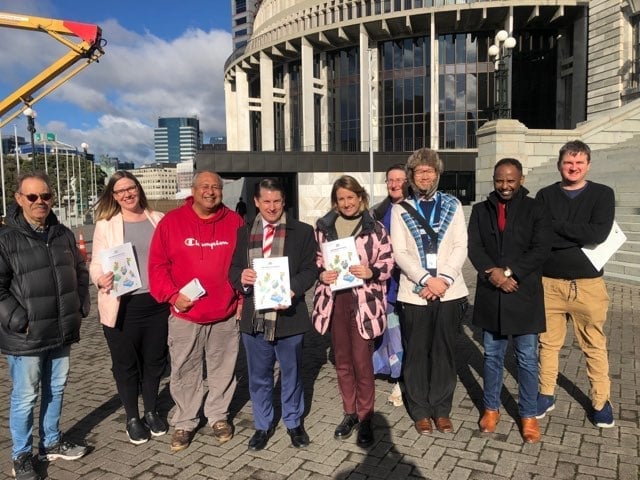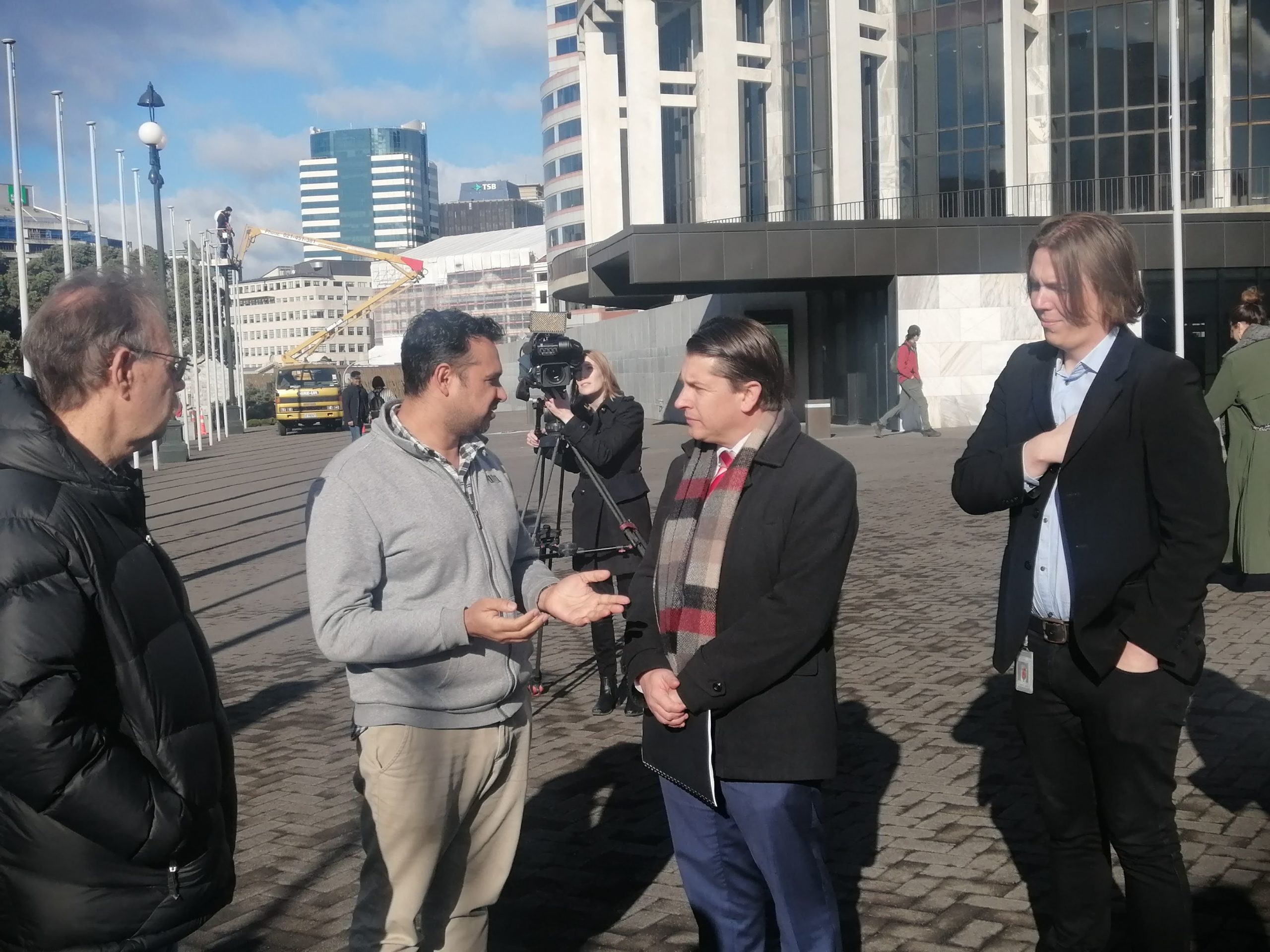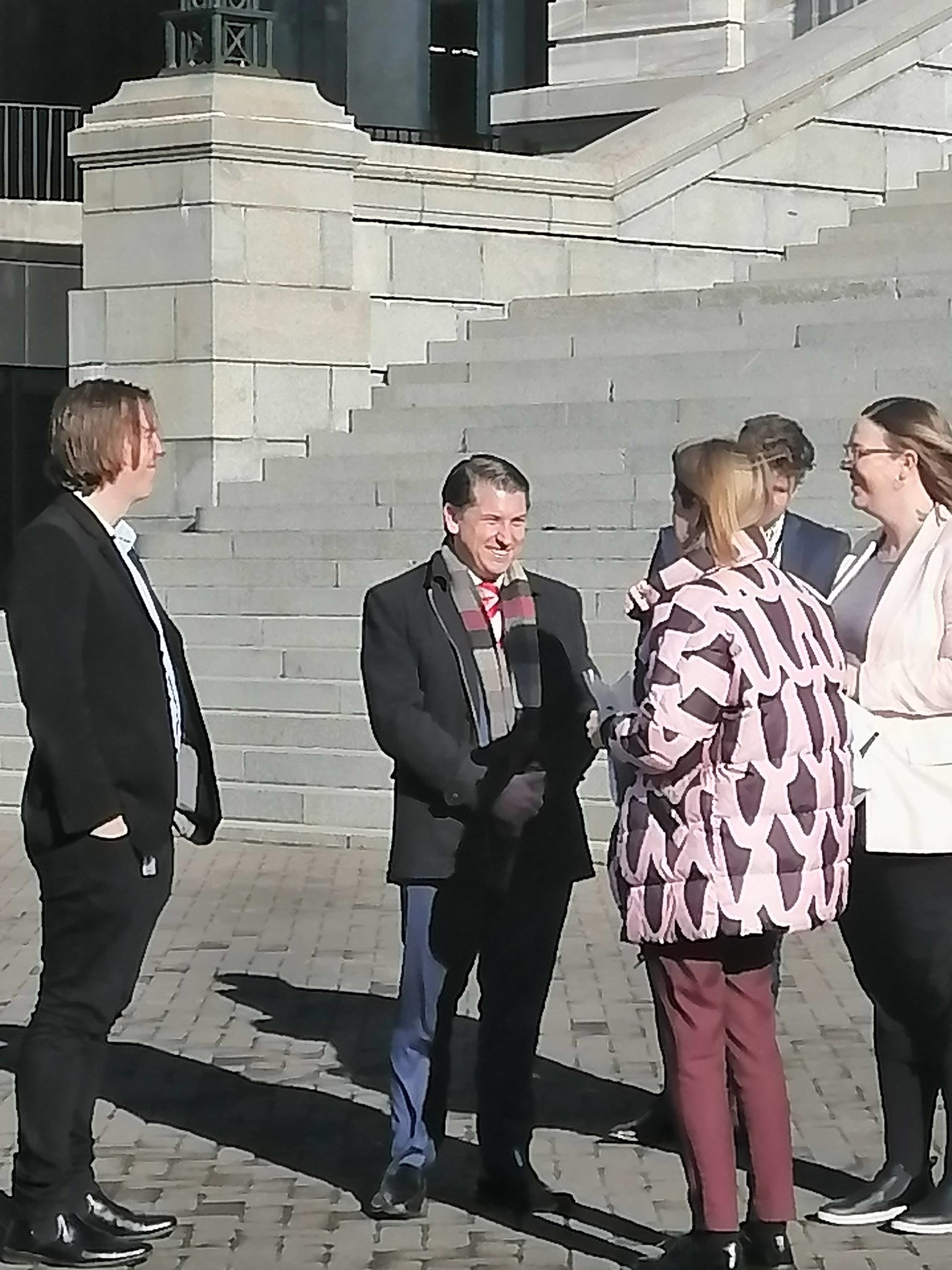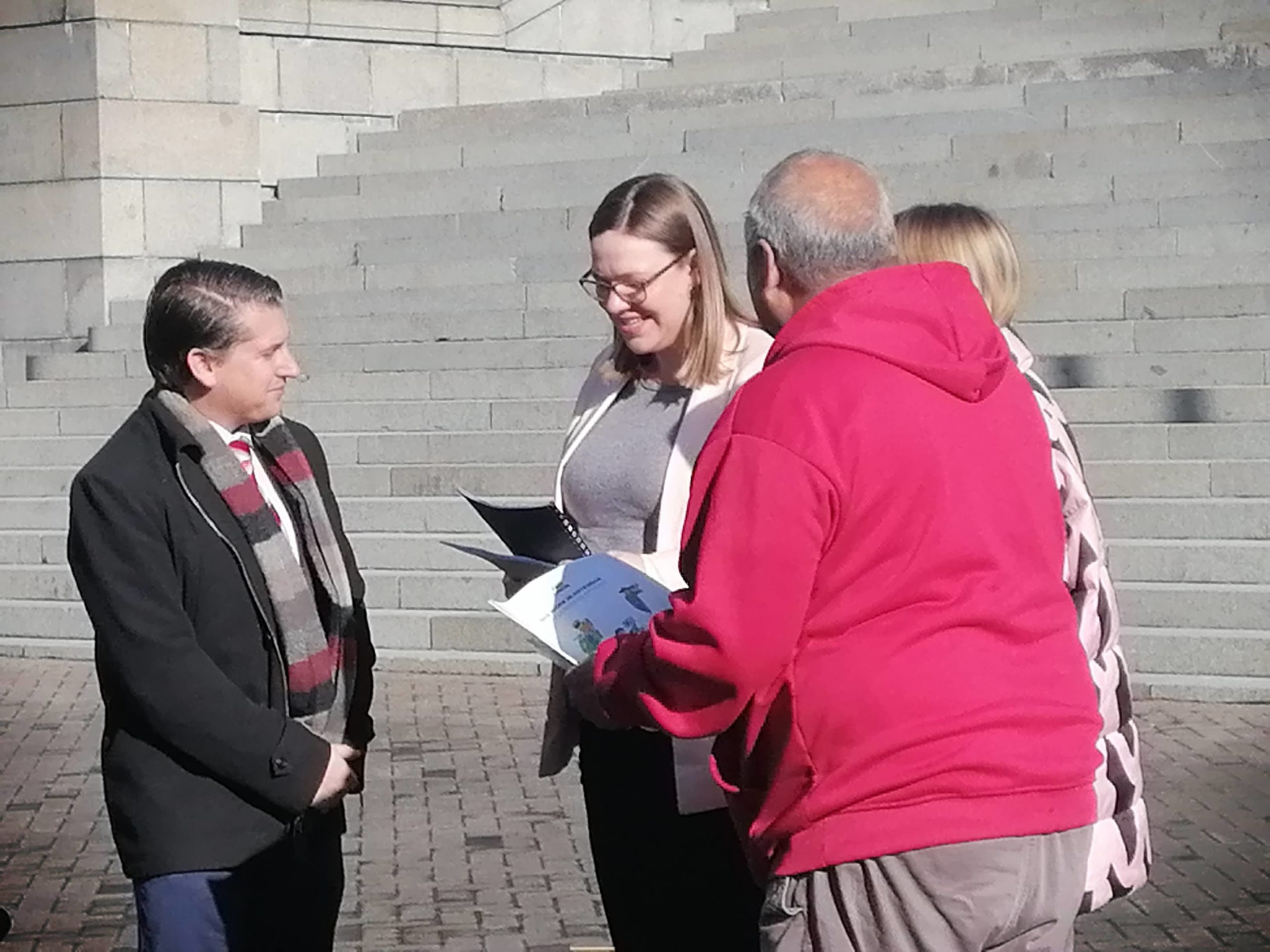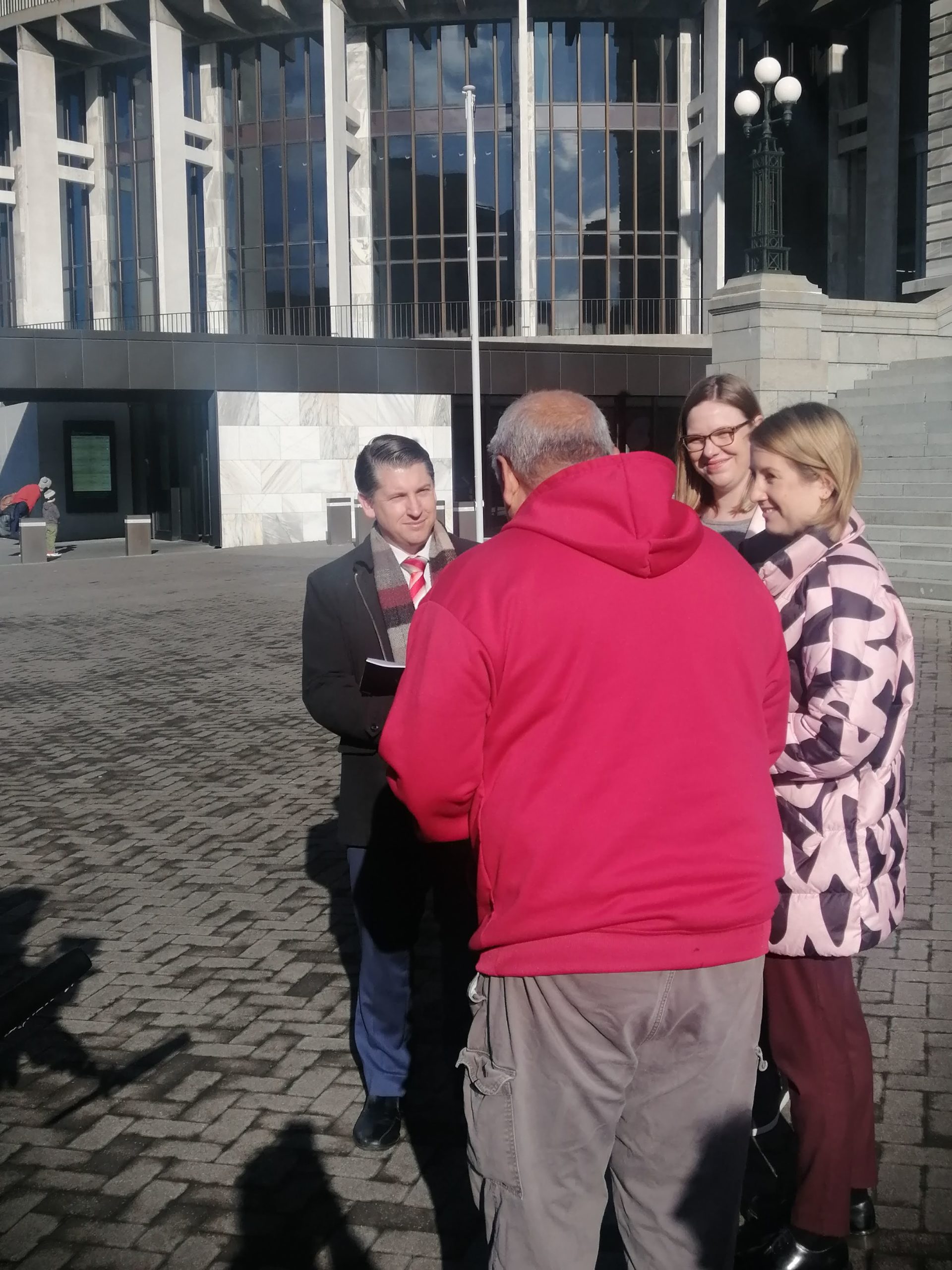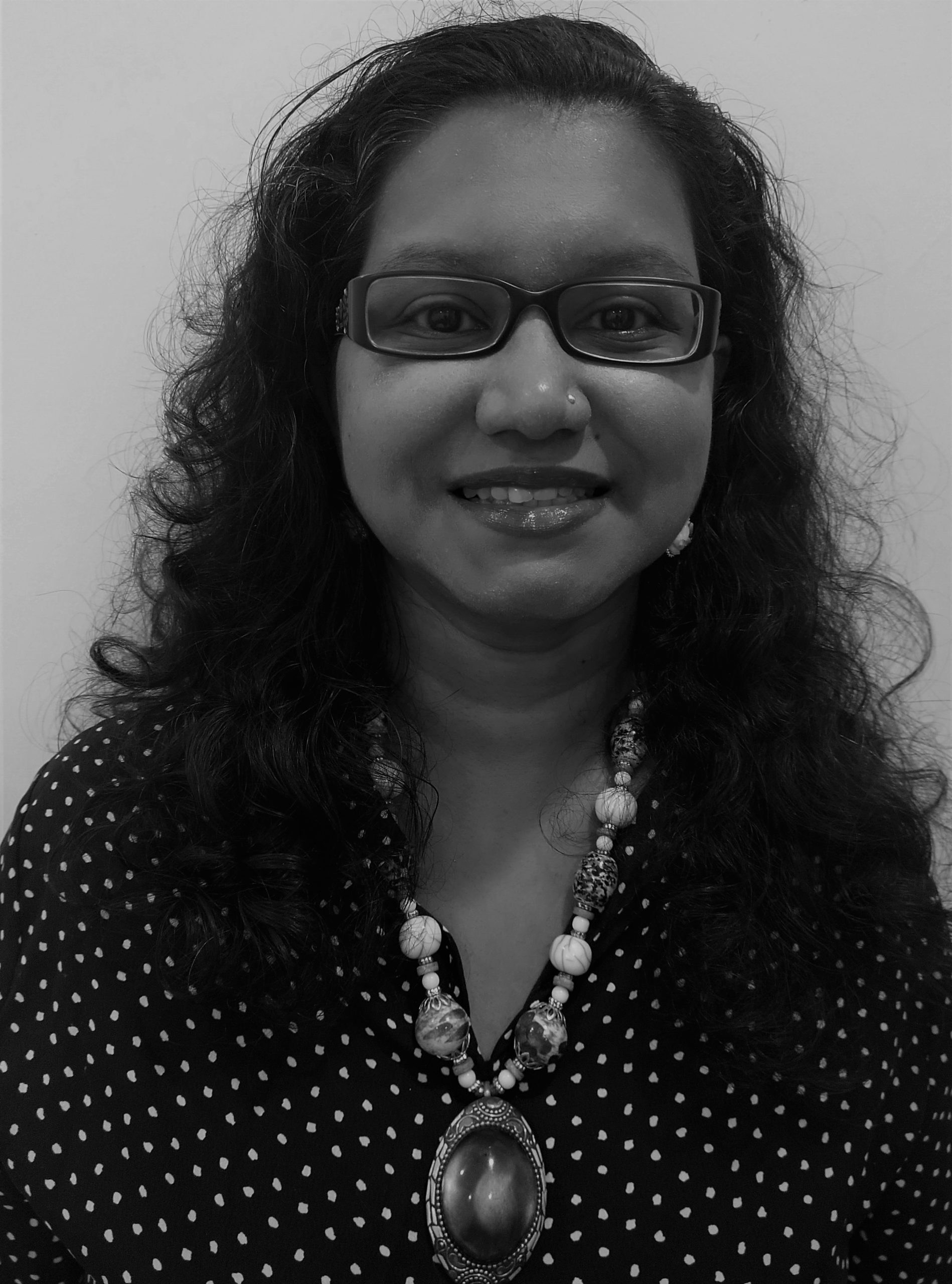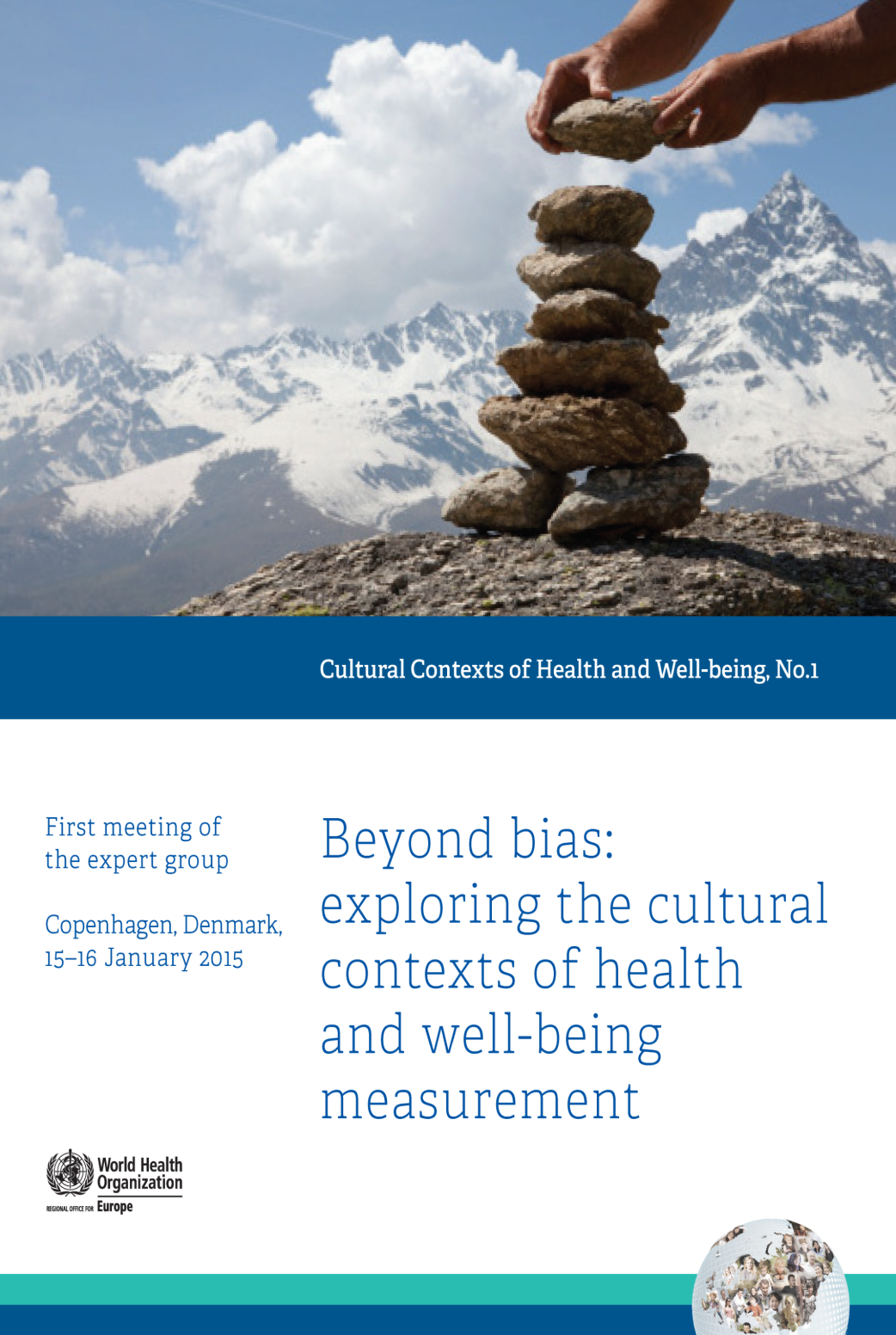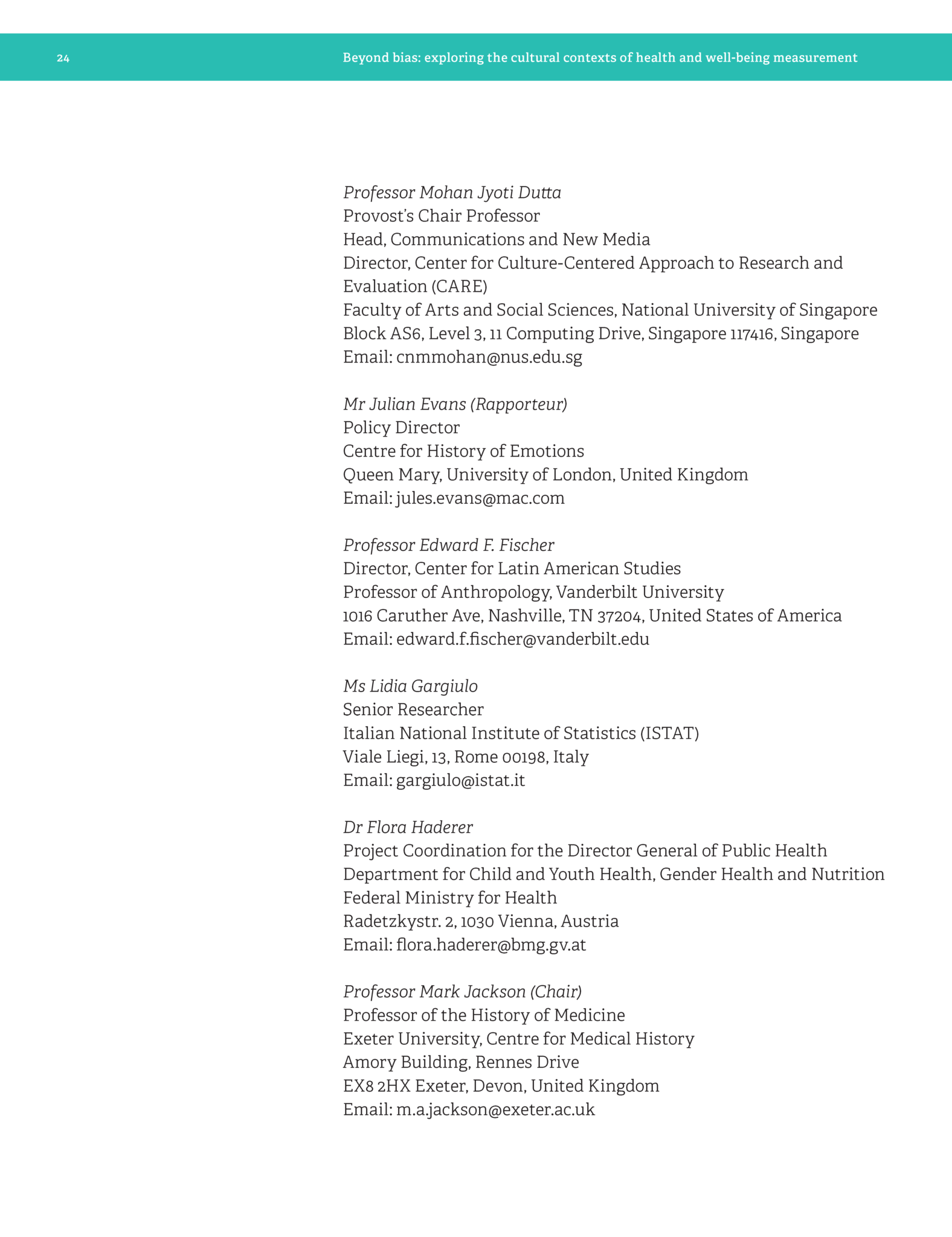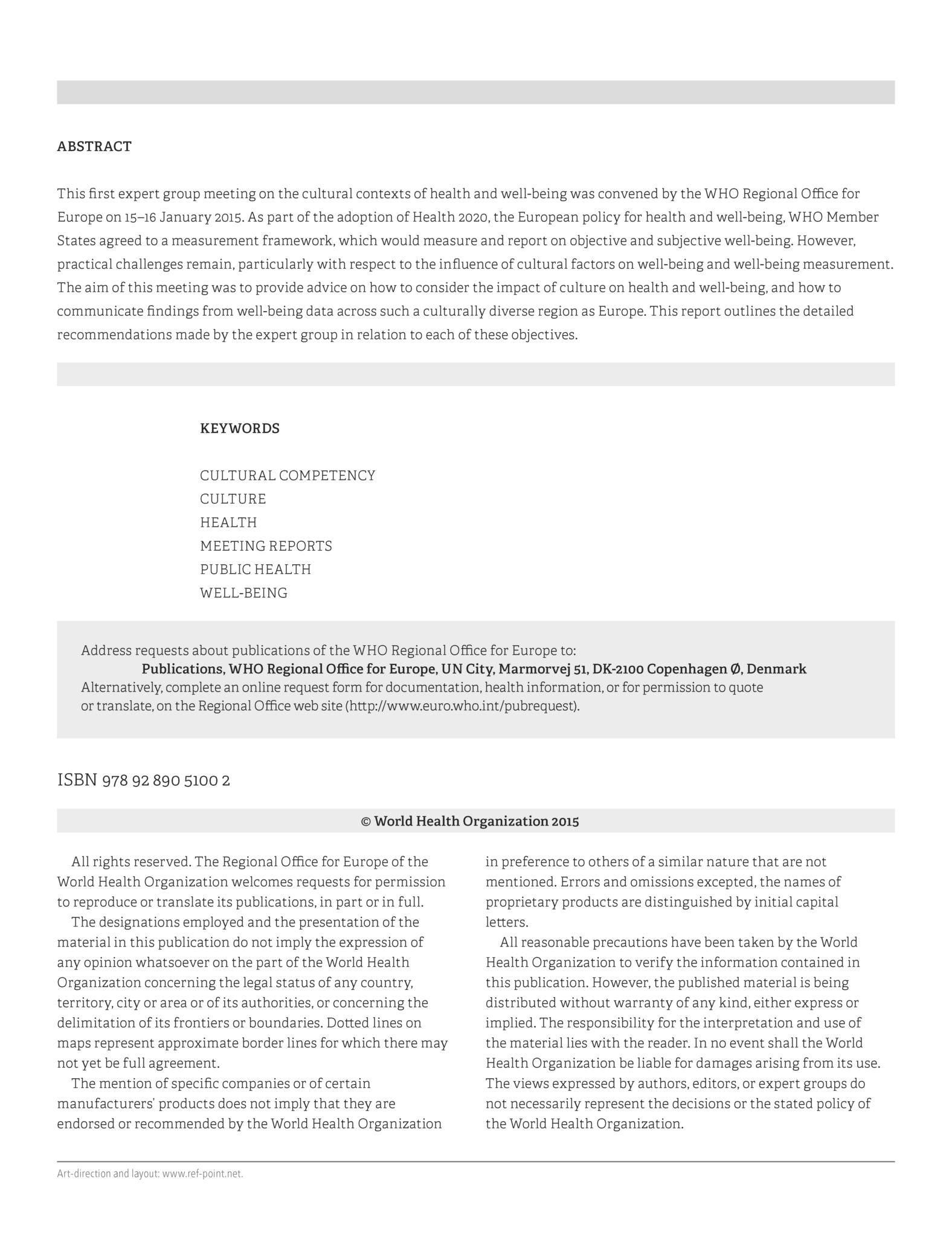CARE Talk on ‘SOCIAL JUSTICE AND ACADEMIC FREEDOM’ with Prof Mohan Dutta & Dr. Leon Salter, Massey University Tuesday 27th July 2021 @ 10 AM Venue: CARE Lab BSC 1.06, Manawatu campus, Massey University.
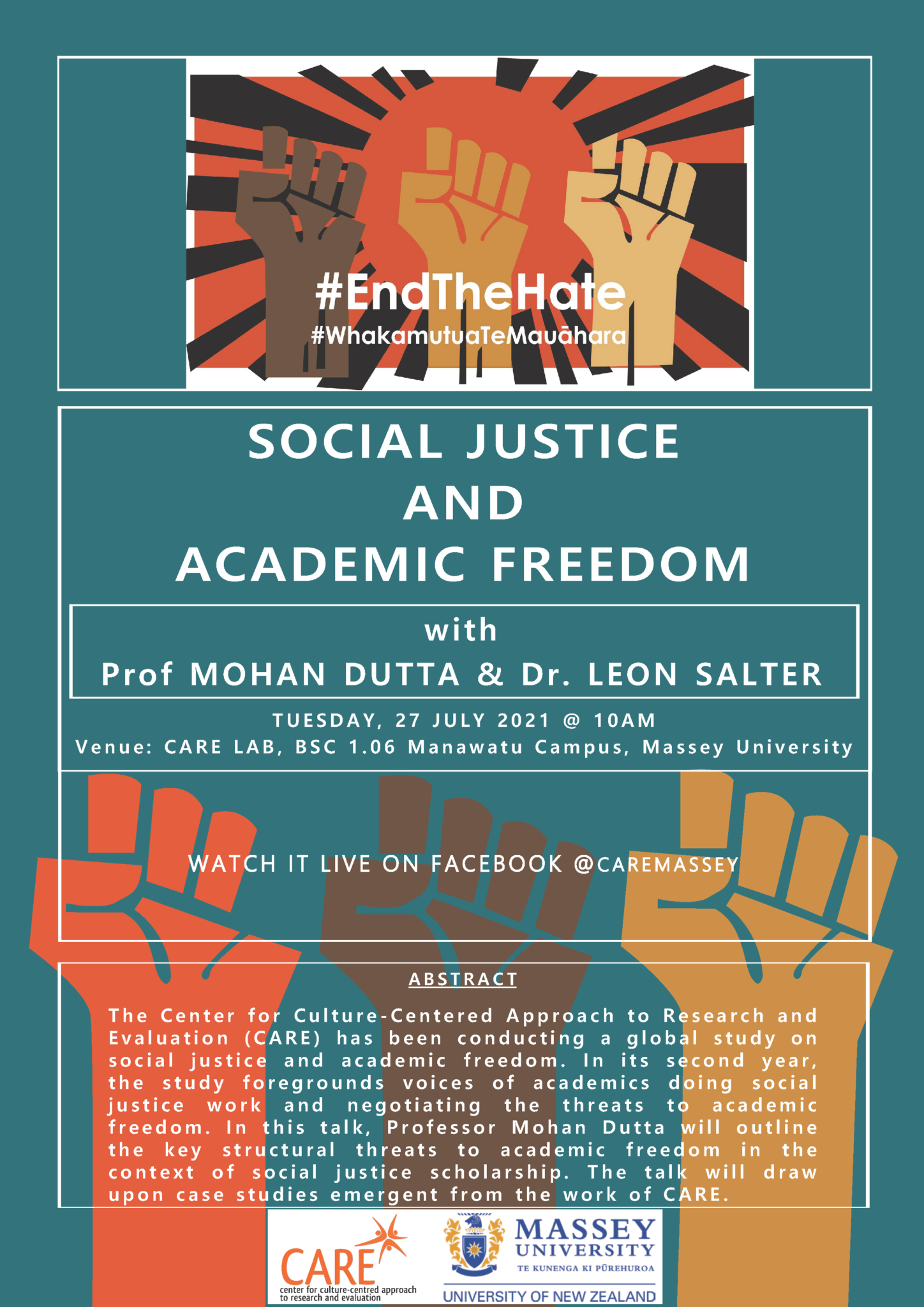
Tuesday 27th July 2021 @ 10 AM
Venue: CARE Lab BSC 1.06, Manawatu campus, Massey University.
Facebook Livestream: CARE Talk: Social Justice and Academic Freedom with Prof Mohan Dutta & Dr. Leon Salter
Talk Abstract:
Social Justice and Academic Freedom
The Center for Culture-Centered Approach to Research and Evaluation (CARE) has been conducting a global study on social justice and academic freedom. In its second year, the study foregrounds voices of academics doing social justice work and negotiating the threats to academic freedom. In this talk, Professor Mohan Dutta will outline the key structural threats to academic freedom in the context of social justice scholarship. The talk will draw upon case studies emergent from the work of CARE.
#CARECCA #CARETalk #SocialJustice #AcademicFreedom #MasseyUni #MasseyCJM
